 Part I: Preliminary Thoughts & Explorations
Part I: Preliminary Thoughts & Explorations
By Tlalli Yaotl (Recovering Wasi’chu/Wetiko)
Author’s note: I have been considering how to approach writing about this issue for some time now, and I’m still not sure I know how to go about it. I am going to talk about some things that will make many people uncomfortable, and even angry. I am going to talk about how the “non-indigenous” can—or more precisely why the “non-indigenous” should—become indigenous once again. What I am not going to do, however, is provide a formula or model for doing so. I intend only to explore my own thoughts on the matter, which are alive, evolving, and ever-changing. They may also, at times, be a bit chaotic and disorganized, though I am attempting to be as clear and precise as possible. This piece of writing is a mechanism to help me in the collection, arrangement, and refinement of my own feelings, thoughts, premises, and arguments.
I have labeled this piece Part I because it will undoubtedly remain extremely incomplete and require follow-up articles and discussions (for example, I am conscious of the fact that this piece is highly limited to my own understanding as based in my own identity as a white cis-hetero-male presenting individual from the “United States”, which may be socially constructed and imposed from above and outside, but none the less carries very real consequences in our society, culture, and civilization). We speak often of decolonizing our hearts and minds of settler privilege, colonial mentality, internalized racism, etc., but not often enough about what it means to decolonize our hearts and minds from our own state as colonized, uprooted, displaced people. As always, criticism, critique, and commentary is welcome and encouraged.
For those of us who are the descendants and direct beneficiaries of colonists, settlers, and displaced peoples, the question of decolonizing ourselves, our hearts and minds, and the stories, narratives, and pathways that brought us to where we are today, is a complicated, touchy, double-edged one. How do we understand our identity and narrative? How do we understand who we are and where we came from? How can and do we reclaim what has been lost or forgotten? And how does that understanding inform our strategies and tactics?
Settlers and “white” people are, for the most part, the descendants of the Earth-based indigenous tribes of “Europe,” who are amongst the first colonized native peoples under the constant expansion of civilization and its empires. Other displaced peoples are the descendants of the Earth-based indigenous people of other parts of the world, such as “Africa” and “Asia.” Our colonization is so old, and so deep, that we no longer even remember who we really are, or where we really came from. At best, we refer to other nation-state identities when referring to our familial and cultural origins.
The descendants of the tribes of Europe were so successfully and completely colonized and assimilated that we have even been conditioned to confuse the narratives of civilization and empire with our own, identifying with the ruling-class elite, thus confusing their interests with our own, which we in turn work to protect and defend. Thus we were forced off our ancestral lands and into the cities and factories of industrialism, shipped around the world to feed growing industry in newly colonized areas, and thus we continue to destroy the Earth that gives us life today, because we think industrial civilization feeds, clothes, and shelters us, rather than the Earth herself. Even if we intellectually understand all of this, we continue to do it. Even if we see what we are doing, and what has happened and is still happening, still we cannot stop. That is how thoroughly we have been colonized and assimilated.
Whiteness itself is a social construct and manufactured identity given meaning and power only through its application within a white supremacist racist hetro-patriarchal culture, and as a tactic used by the elite to keep the people divided and fighting amongst themselves, rather than taking aim at the true source of their oppression (an exploration of the origins and social construction of “whiteness” as an idea and an identity is a topic deserving an article—or better yet a book—of its own, and not something I will attempt to deconstruct here and now).
To be indigenous means to be rooted in a land base, in a place with which one’s people have a long and intimate history as inhabitants. Today, particularly amongst radicals and those who fancy themselves “allies” or aspire to become such, “indigenous” has become synonymous with good, and less outwardly, “non-indigenous” has become synonymous with bad. Some would undoubtedly argue against this, but I would suggest it is completely appropriate given an understanding of the meaning of what it means to be indigenous as articulated above.
It is good to be rooted in a land base, and have an intimate sense of place coupled with an extensive cultural narrative regarding origins (“good” in this case being defined as sustainable and healthy for humans, non-humans, and the land bases they share). It is not good to be uprooted, displaced, and torn from the very land base which once sustained such a sense of place and cultural narrative. It is not good for individual people, for cultures, or for land bases and their many non-human inhabitants.
It is therefor both attractive and mutually beneficial for all to aspire and actively work towards once again becoming indigenous in place, by which I mean firmly rooted in a land base with which one’s culture has an intimate and deep-rooted connection.
What is clear is that, due to the vagaries of civilization and industrial capitalism, the land bases have been effectively depleted and toxified, and the human population so vastly and artificially inflated through the use of ancient sunlight in the form of fossil fuels, that it is unrealistic and undesirable to simply return to our ancestral homelands. What is also clear is that many of us have completely lost any trace of narrative that would truly inform us of our origins and aboriginal narrative, and it is also clear that many of us come from a meeting of many cultures from many places (I, for example, can trace my patrilineal heritage to Celtic and Norse tribal ancestry and my matrilineal ancestry to Aztec, Mayan, and Incan roots, or perhaps some subsidiary tribes under the territorial jurisdiction of those civilizations). What then are we do to? Split ourselves into various sections and send one in each direction to the lands our ancestors came from? Obviously such courses of action lack fundamental viability in the real world.
It is of vital importance to clarify that for those of us for whom personal and cultural liberation through the reclamation of ancestral Earth-based ways is unrealistic and/or impossible (because they have been obscured and/or lost through nearly total colonization and assimilation), personal and cultural liberation is possible through the act of re-creation. All culture is created by people in places, and when lost, it can be remade.
But it is highly important that this cultural and personal reclamation and re-creation of identity and narrative (true personal and collective liberation leading to a sense of selfhood and identity through which the illusory dichotomy between individual and community, ego and collective, dissolves before our eyes and the two become inseparable and one, as they truly are) does not come in the form of cultural and spiritual appropriation. Such a course is not only undesirable, it is unnecessary. Again, all human culture was created by people in place, and what has been lost can be genuinely remade in place (rather than appropriated from others), as new in content and form as the land base from which it originates and emanates.
One person who has contributed significantly to my thought process and understanding of what it means to be a descendant of the tribes of “Europe” is indigenous activist John Trudell, who’s words and work I highly recommend.
As Trudell puts it:
What happened to you, the descendants of the tribes of Europe, we know what happened to the Indians here, but what happened to the Indians here…was a behavior of what had happened to the tribes of Europe. And what I find interesting, more than about Columbus being what he was, what I find the most interesting about he Columbus thing is that when he got off the boat and he said to us “Who are you?” and we said to him, “We’re the human beings,” and he said, “Oh, Indians,” it wasn’t because he thought he was in India, I mean that might be some kind of thing, but in reality what it was really about, by the time Columbus got here the descendants of the tribes of Europe no longer had a perceptual reality of what it meant to be a human being. They didn’t know what it meant anymore. Because they had been owned, they were property, they were victims, they were victimized, they were tortured, they were the hunted, they were the property, they were the lesser things. They did not know what it meant to be a human being anymore. Whenever the Romans or any of these people started showing up, when religion emerged, when they got together and figured out a nice good ole’ industrial god religion…saying, a man owns the Earth and fuck all of you because a man owns the Earth and can do what he wants to do. Once they put that thing into motion, that’s what they used against the tribes of Europe to erase that spiritual concept of reality. So, this is why…and they had the inquisitions…in the medieval times. Isn’t that an interesting concept? If that was the medieval times, then exactly what part of the evil are we in now? But by 1100 AD, the decedents of the tribes of Europe had been taken off basically their hunting grounds, their roaming grounds, that tribal relationship to the land had been altered because by then church and state as it was evolving had claimed ownership of all of them. Whoever owned the land owned the human beings that were a part of the land. But the problem they had still–about 1000 AD—the problem they had was they had restricted tribal movement, but they still had this perception of being, spirit. See, they still prayed to ancestors, they still prayed to spirits. So they still were perceiving reality from a spiritual perception. So this couldn’t do. So what the church did at that time—it happened to be the Catholic church at that time—but what the church did at that time…was that it declared itself to be god’s authority on Earth, and that it had the right to wage war to possess the souls of the godless heathens, that it was its religious obligation to wage war to possess the souls of the godless heathens. And see, then because…the decedents of the tribes of Europe…see at that time, sexism wasn’t quite as ingrained yet so the women still had their role in the society…so when the church created it’s inquisitions, the woman was one of the main targets…because they had to erase and alter that connection…and they killed as efficiently as they possibly could. And what was interesting about this religious ritual that no one wants to talk about was that you were accused and then you had to be interrogated, tortured, executed, property seized. Alright, and they killed as efficiently as they possibly could for five-hundred years. So by the time Columbus got here and got off the boat, they didn’t have a fuckin’ clue what it meant to be a human being! Reality! Didn’t have a clue! And excuse my language but it’s not my language and you shouldn’t a taught it to me.
At Judi Bari’s memorial, Trudell spoke:
Because we are made up of the earth -- our common ground, so to speak -- we are all the descendants of tribes. Each and every one of us is a descendant of a tribe. We have genetic memories. Inside of our genetic memories, that power connection exists to our ancestral past. We are all descendants of tribes.
But the tribes of the planet earth have encountered a technological religious mind set that removes all spiritual value and real value about life from the earth and puts it into theoretical heavens or hells. And it does it under a male image of a male dominator god.
In our tribal ancestry each and every one of our ancestors resisted that notion, that imposition. Tribes of Europe, tribes of Africa, tribes of here. Every tribe resisted it.
Elsewhere, Trudell is quoted as saying:
The People of america, they are the children of the tribes of europe. And when they were still the tribes, they worshiped the earth as the mother, and had an entirely different perception of reality. And that perception was to keep the harmony and the balance as much as possible, and somewhere historically in time, there appeared the dominator theory of god. This dominator theory of god was that god was a male, and everything was subservient. This theory was used as technology, and its culture, to make weapons of destruction, to improve the weapons of killing. The tribes then had this imposed upon them through fear. As the tribes were broken down through the various faces, the technological civilizations, whether it was through the romans, or whoever it was, it was all evolving. The Tribes were attacked and made to give up the ways of the earth, and submit to the new god.
This happened to the europeans before it happen to us. But what happen to us, happen to the european children of the tribes also. But it happened maybe 800 years before it happen to us. Actually, in its own form, at that particular time within civilization, when the europeans came to the western hemisphere, europe was going through the inquisition. The inquisition was basically the church establishing authority over the people of the earth… to maintain authority. They had 500 years of inquisition. And In the inquisition women were special targets, because they were trying to erase that tribal memory of the earth as the mother. But the deal was, if you were accused of speaking against the church, you were automatically guilty, and they had to torture you, and you had to tell them all the names that you could give them, and they sized all your property.
It is clear. We are all of this Earth. We are all indigenous here, even if the origins of life itself on this planet are not. Our physiology, biology, and genetics are adapted to this world and have evolved here for untold eons. The state most suited for sustainable behavior and life ways is an indigenous state, defined as a state of a rooted sense of place and an intimate relationship with one’s land base, both personally and culturally. The enemy of indigenous existence is civilization itself.
These have been a few of my thoughts, and a few thoughts from others, on these matters. They are by no means exhaustive or complete, but rather, are meant to serve as a point of departure, or rather a point of continuation, for dialogue and discourse surrounding such thoughts, ideas, and practices.
For those of us who take these feelings, thoughts, and ideas seriously, and wish to inform our strategies and tactics from their basis, the question becomes: Where do we go from here?
The author of this article is a recovering Wasi’chu/Wetiko. He is a (late) twenty-something year-old male-bodied individual of mixed-blood descent, residing in the occupied Ute Territories of Turtle Island, located in the bioregional area colonially known as the “American Southwest.” He is a descendant of the tribes of “europe” as well as those of the “americas,” both of which were eradicated and assimilated by the same dominator culture. He is currently in the process of decolonizing his mind and reclaiming his identity by trying to uncover the story of his ancestors, which is also his own, and liberate his narrative from that imposed upon him by civilization and the ruling class (with which they convince us to mistake their interests for our own). He is a Wild Earthling, and does not identify with illusory (and illegitimate) nation-state constructs, nor does he require such constructs to verify and validate the legitimacy of his existence. He can be contacted at earthwarriors(at)riseup(dot)net
~
As further food for thought I would like to offer you the following essay, “We Were All Indigenous Once, and Can Again Become”, which first appeared in Green Anarchy #19 – Spring 2005:
WE WERE ALL INDIGENOUS, AND CAN AGAIN BECOME . . .
I did not fall from space…
However alien I may appear to this planet, this land, these people, I come from this earth. From its water, its soil, its people, its blood. It has provided me with a life, which I willingly and humbly direct. Despite all attempts by the civilized logic to separate me, to dislocate me, to destroy my connection, I am still part of this fusion of life, this deeply integrated accumulation of living beings.
I, like all of us, have direct lineage to a different way of being, to a direct experience with the world. We once lived unmediated from the earth, ate directly from the forest, drank straight from its waters, slept touching the ground, healed ourselves with its plants, made all of our decisions concerning our lives with people we loved. We are still these people, only scarred, with cold and clunky armor created for us by a culture of death that we have reluctantly accepted when and where we have grown too tired and weak. We have been tamed. We have been domesticated. But, we are still connected under this baggage, this defensiveness, this disposition.
I have been severely damaged from generation after generation of upheaval, defeat, and domestication at the hands of colonizers, and at times I did the colonizing. But this was only after I had been sufficiently separated from the earth, others, and myself. But mostly, I have been just a pawn and a tool in the ongoing war against life. I have suffered greatly: in the direct brutality inflicted upon me in my own life, through more subtle institutionalized methods, as an accumulation of my ancestors’ pain, and from missing out on a penetrating and more integrated connection to the world.
I have been moved so far from where my relations once dwelled, yet I can still feel connected to place. Maybe not in the same way that my relations did to the land they were indigenous to, or the people who were/are connected to where my feet currently rest, where I inhabit. But I can still go deep into the ground, take the air into my lungs, learn from the whispers of this place, offer my respectful and modest influence to this land, and unite the world around and within me.
I have always felt dislocated within civilization. Whether the suburbs, the cities, or small towns, I have always felt suffocated, empty, and lost. Traveling from one location to the next, always over-idealizing the succeeding context. The grass always seemed greener. In this postmodern reality, dislocation is not the exception but the norm, and even the sought-after condition. We can never be whole as long as we live outside and above our surroundings, or for that matter, even view them as surroundings, and not as part of us. At some point I think it is important to find a place, a bioregion, a home (though not necessarily a sedentary location).
I have much to learn from those deeply connected to the place I call home, those who have an intimate relationship with the land, animals, plants, people, and patterns of this specific environment. I have most to learn from those who have evolved with this place; whose bodies, minds, spirits, and culture have developed alongside these mountains, birds, trees, and rivers. I do not wish to “play native” or co-opt traditions, but to tap into and learn from a physical and spiritual knowledge, so that I can live respectfully and sustainably with this particular part of earth (which is comprised of infinitely diverse forms of life).
I have much to learn from the survivors. Those who were forcibly converted to patriarchal gods. Those who were burned at the stake. Those who were given blankets with smallpox. Those who were stolen from their homes and families and chained in the bellies of ships. Those who were pushed out of their lands and herded into camps. Those who were marched and dragged down trails of tears. Those who were stripped down, re-educated, and assimilated. Those who became beasts of burden. Those who were pitted against one another. Those who were put on trains, and again, herded into camps. Those who were gassed and burned. Those who were lynched. Those who were bombed. Those who were raped. Those who were beaten. Those who have been virtually destroyed, yet continue to endure. Those who have been whipped, yet amazingly continue to thrive. Those who attempt to regain their ancestral knowledge. Those who raise healthy children. Those who burn down the suburbs. Those who reconnect with the earth. Those who remember. Those who survive. And, I have much to learn from myself. I have much to remember.
I did not create this monstrosity, this leviathan, this death culture. I am both a by-product and survivor of it. I was not the first to step out of the forest. I did not create the first separations, plant the first corn, irrigate the first field, domesticate the first animal, subjugate the first woman, support the first stratification, fabricate the first weapon, construct the first city, build the first ship, enslave the first foreigner, kill the first indian, assemble the first railroad, erect the first factory, split the first atom, plant the first flag on the moon, genetically produce the first clone, and like Al Gore, I didn’t invent the internet. But I am also profoundly tied to their legacy and their innovation and expansion. And I am also the victim of their legacy of death, domination, and destruction. “Pleased to meet you, hope you guessed my name [civilization]. But what’s puzzling you is the nature of my game.”
I know in my heart and in my bones that we can live differently, that we have lived differently, and that those possibilities can come together in beautiful ways. I have no expectations within this nightmare; my/our only hope is to wake up from the confusion. There is no future in this failed experiment; all I can do is reject it. There is no possibility of readjustment; it can only be destroyed. I must find a place, people, and a way to live differently; to reconnect and to dream.
We were all indigenous to somewhere, someone, and somehow…and can become so again. The old ways are gone, but I am still going home, not necessarily where I started, but maybe somewhere I began.
Wish us luck!


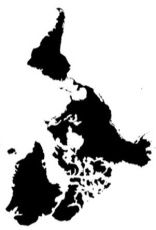

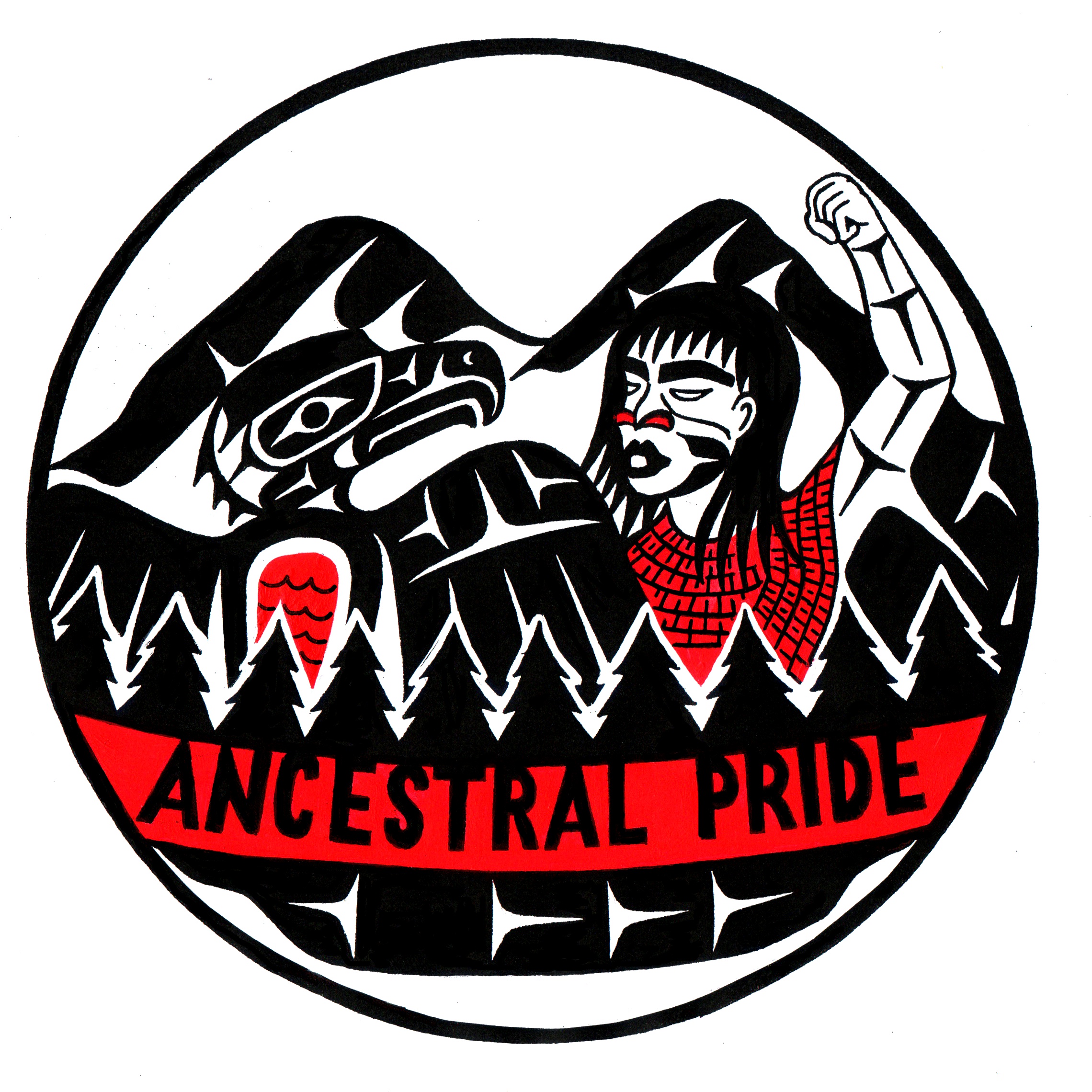

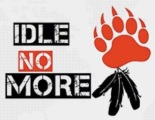



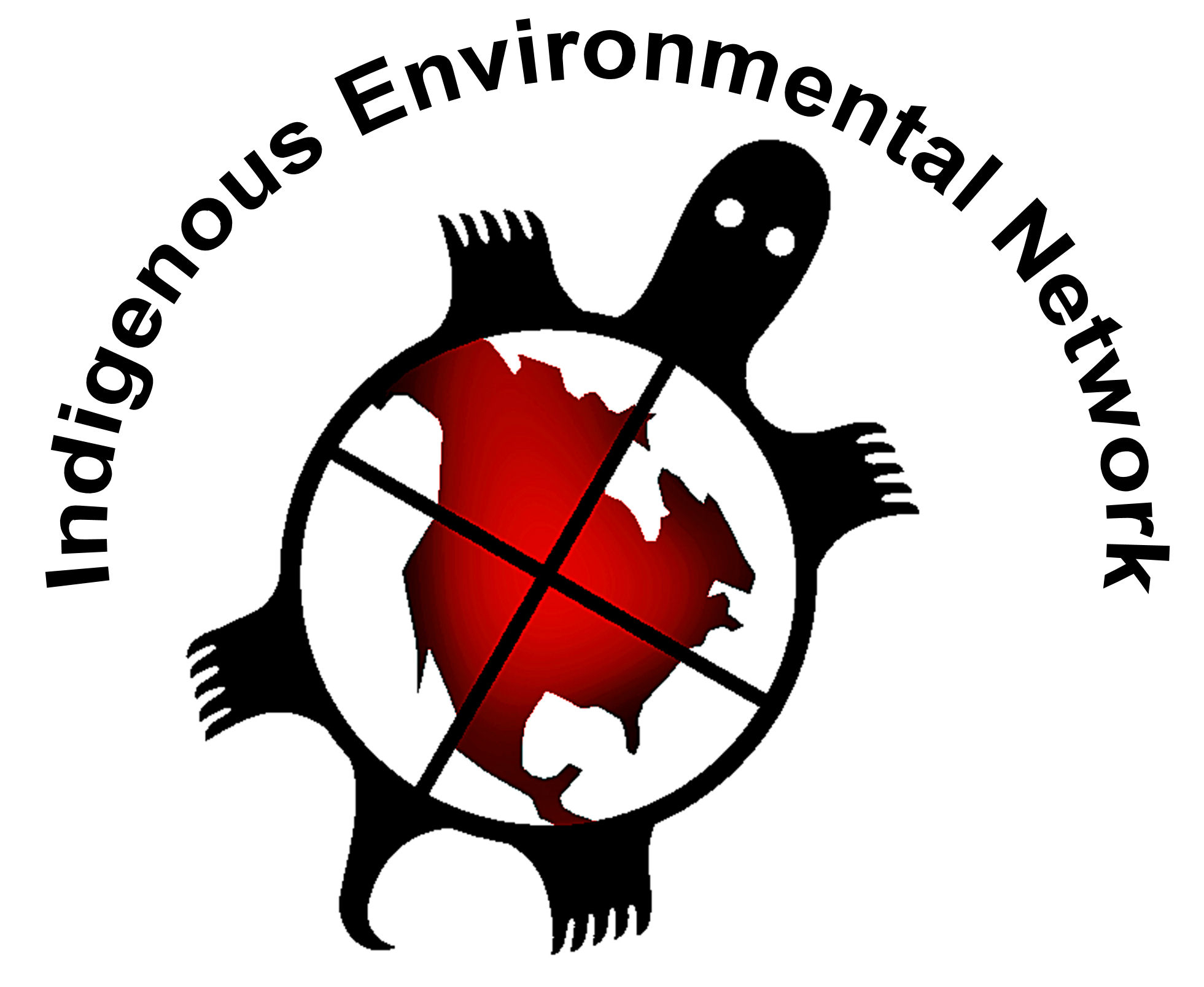


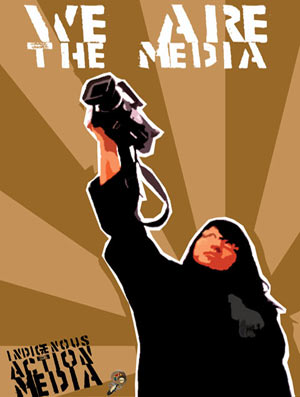





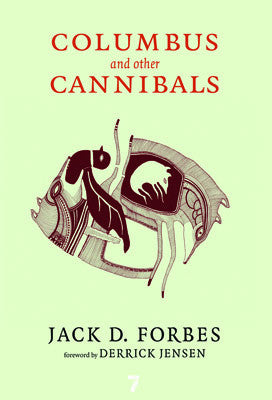
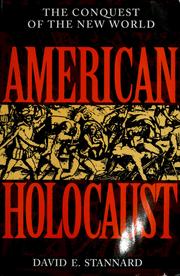






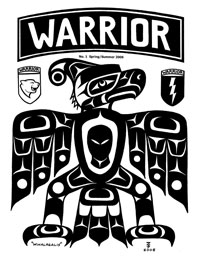


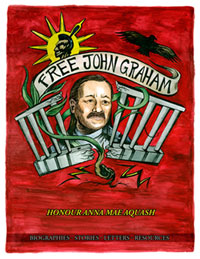



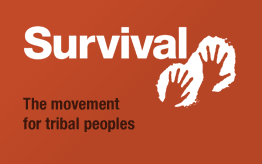


Kola, and I will choose to call you that, being white I also see as a social state of mind and behavior, not of biology. But clearly, you are not truly wasichu, for to truly be so is to be living or otherwise choosing to live those lifeways. At least I always saw it clearly as something separate from being of white skin and European genetic origin, because all human beings, red, white, yellow, and brown, are truly born with equal human dignity. Being wasichu then is something that is acquired, a social disease that is passed down, really, a form of mental colonization by a perverted culture handed down through Europe and brought to our Turtle Island, and there are sadly plenty even who are red on the outside but disgusting wasichu on the inside.
What should a child of Europe become I am not sure, since as you note any real social and cultural memory of indigenous European cultures were for most long ago destroyed, but choosing to at least be and live as a human being and recognizing how deeply you are colonized by the memes of greed is already I think a good first step. Decolonizing oneself as best as you can so that you do not participate in the perpetuation of the perversion is I think a good logical place to begin. In fact a good friend of mine suggested we do needed a “Indian movement for the liberation of white people”.
Hey folks,
We noticed that you linked to our page and thought we’d come say hi. This seems like a really good project, a place for decolonizing ideas and practices to gather cross-pollinate.
A few points in the first article really stood out, probably the biggest being the idea that we can grow new cultures from our relationships with each other and with the land.
Central to what our collective does is the idea that we can read the history of colonization from the land where we live, and that the history of the land is the history of what has been done to us (and what we have participated in…). We try and use this knowledge to envision health — what would health be like here? How can we move towards that? The answer to that often is, well, there’s these massive destructive systems (like capitalism) whose actions seem acceptable because of the widespread and deep alienation from the earth. So how can we promote a deeper and more intimate connection with the land around us? How can we support those who seek that connection in resisting the systems that they will likely come to find unacceptable?
This article seems to come at a similar question but through a cultural lens. “How can and do we reclaim what has been lost or forgotten? And how does that understanding inform our strategies and tactics?” I would love to read more about what steps towards an earth-centred culture (that doesn’t involve appropriation) might look like.
Anyway, thanks for the link and keep up the good work.
-KLR collective
The populating of the planet by Homo sapiens:
YouTube: Journey of Man: A Genetic Odyssey
thank you writing this.
There are thirteen segments to the series on YouTube (originally a single episode on PBS) that are offered serially if watched on YouTube directly.
I have never heard of or read any literature of this sort but I find it intriguing. I never thought of things like this before…
Good article, for sure missing some points,, I’ve been following John Trudell for a while now, I really appreciate the chant that he has spread around “No War, No Warming, Build the peoples economy..
I continue to have one issue with John and the indigenous claims of victimization..
In my experience with life there are no victims and that the circle of life demands retribution for the crimes upon the circle of life..
The Indians are not innocent, war, genocide are all things that went down far before Columbus arrived, Karma is something every culture is dealing with and we all fall short of the glory of God/universe..
Children fall victim to worst crimes on this planet, Pat Benatar said best “Hell is for Children” children don’t go through hell because their innocent, it’s because of past life karma that’s being worked out on a spiritual level.. If a child can survive their karma and becomes a forgiving adult, that cycle of hate and Karma is broken..
It is time for the karmic cycle to end and that can only come through forgiveness and love…
“In my experience with life there are no victims and that the circle of life demands retribution for the crimes upon the circle of life..”
^that would seem to be a contradictory statement, as if there are no victims, there is no crime, and if there is a crime, it is because someone was victimized.
i reject this pseudo-buddhist, karma-based rejection of victimization/victimhood. There are most certainly victims in this world. The child who is raped by a family member (or anyone for that matter) *is* a victim, as are the lives, cultures, species, and land bases destroyed by industrial civilization and colonialism.
or perhaps we should start with you defining “victim”, and then we can move on to how you can make such a statement as “there are no victims” in this life and in this world.
“Children fall victim to worst crimes on this planet”
wait, but you just said “there are no victims”. which is it?
this karma crap has just gotta end. of course cycles of abuse must end, but the idea of karma must end too, because it’s leading people to think like you’re thinking, as if there are no victims, and the raped baby is raped because they deserve it due to past life karma. it’s bullshit, my friend, and an ideology supported by the elite of the Hindu & Buddhist worlds because it solidifies their power and social status. I have studied in Vipassana retreats with Tibetan exiles in the mountains of McLeod Ganj, above Dhramsala in the Himalayan foothills of India, as well as with various Hindu devotees throughout India, and I can assure you they would reject your shallow view of karma as extremely dangerous, to say the very least.